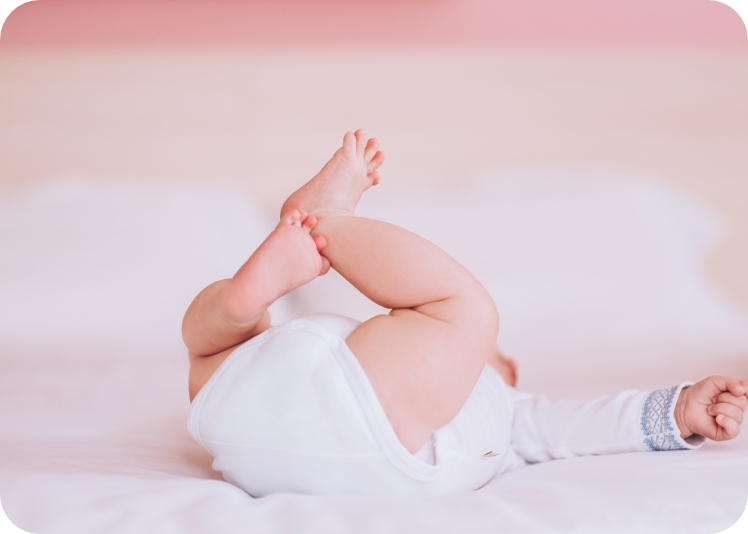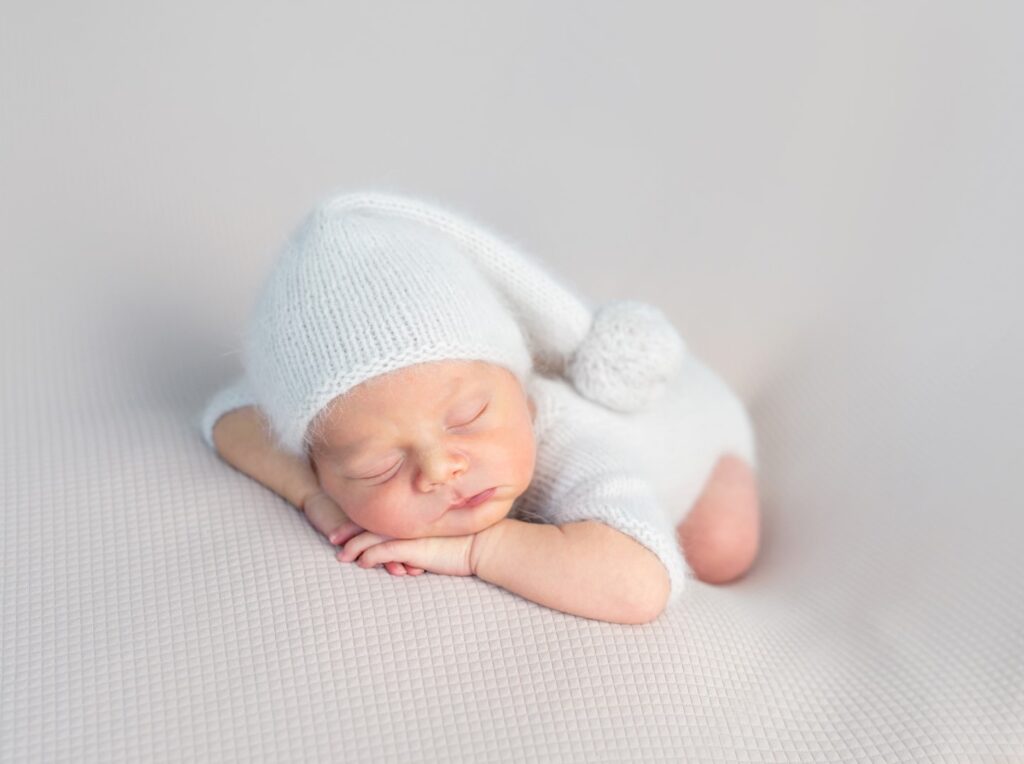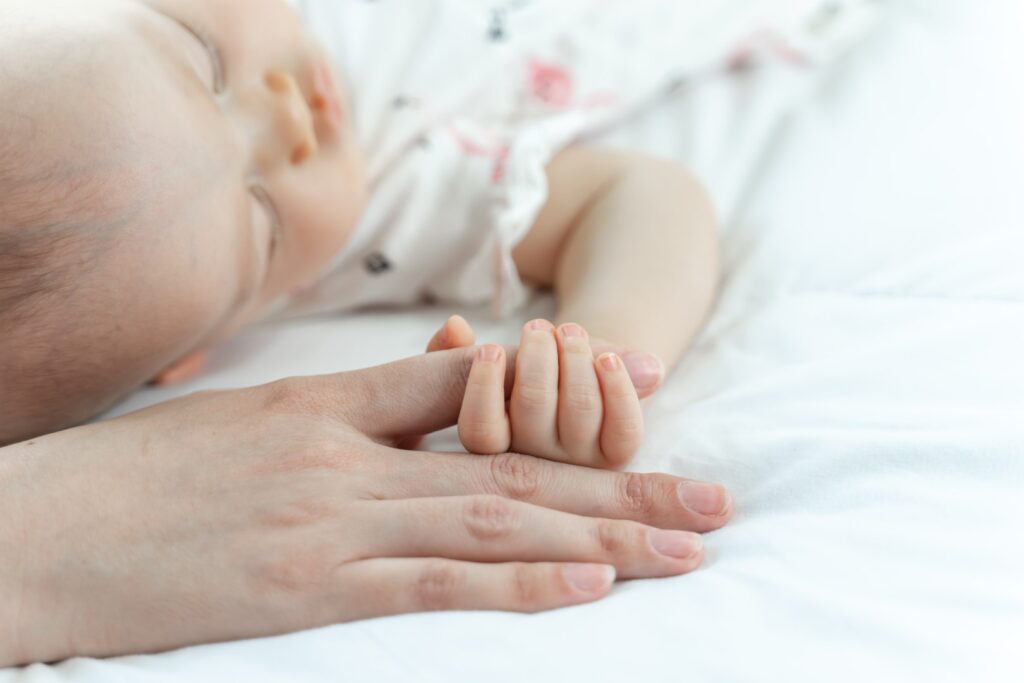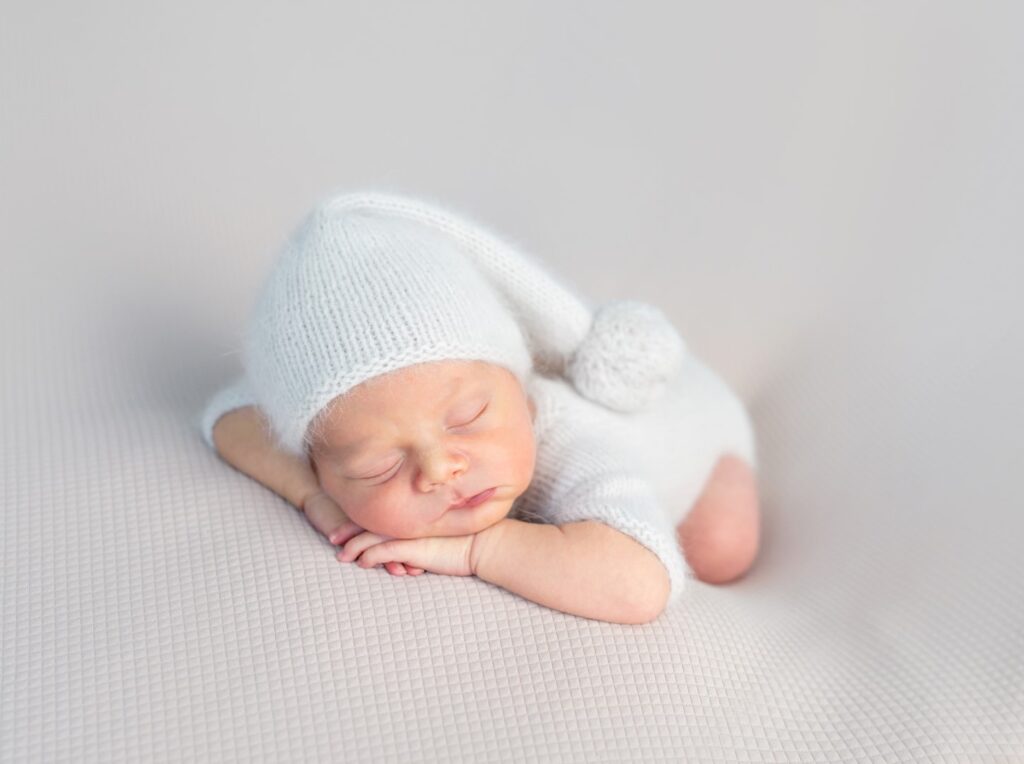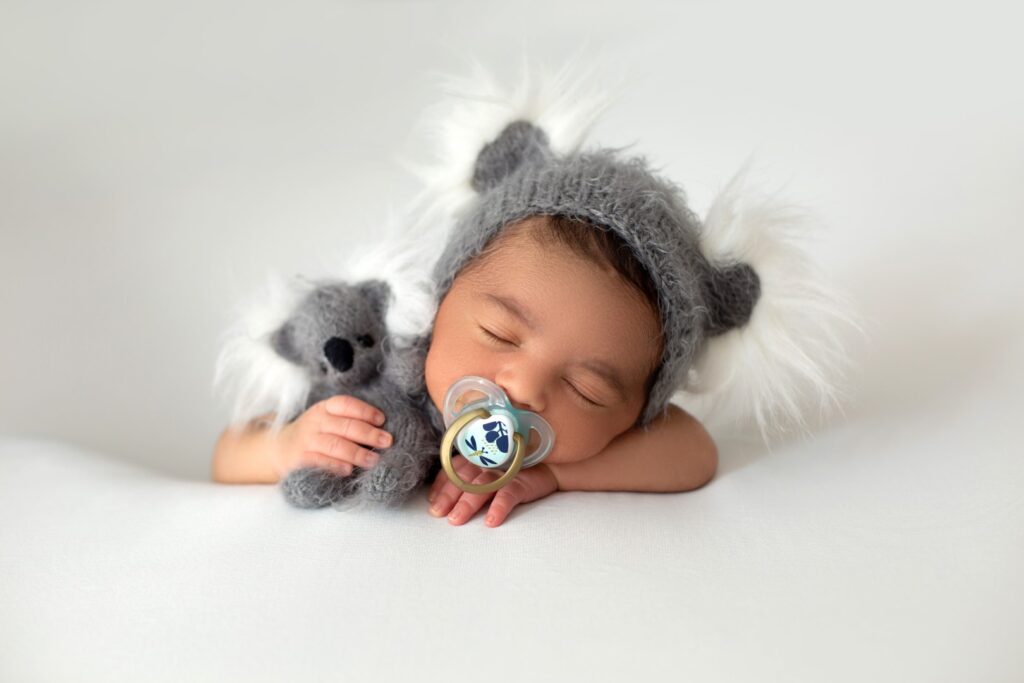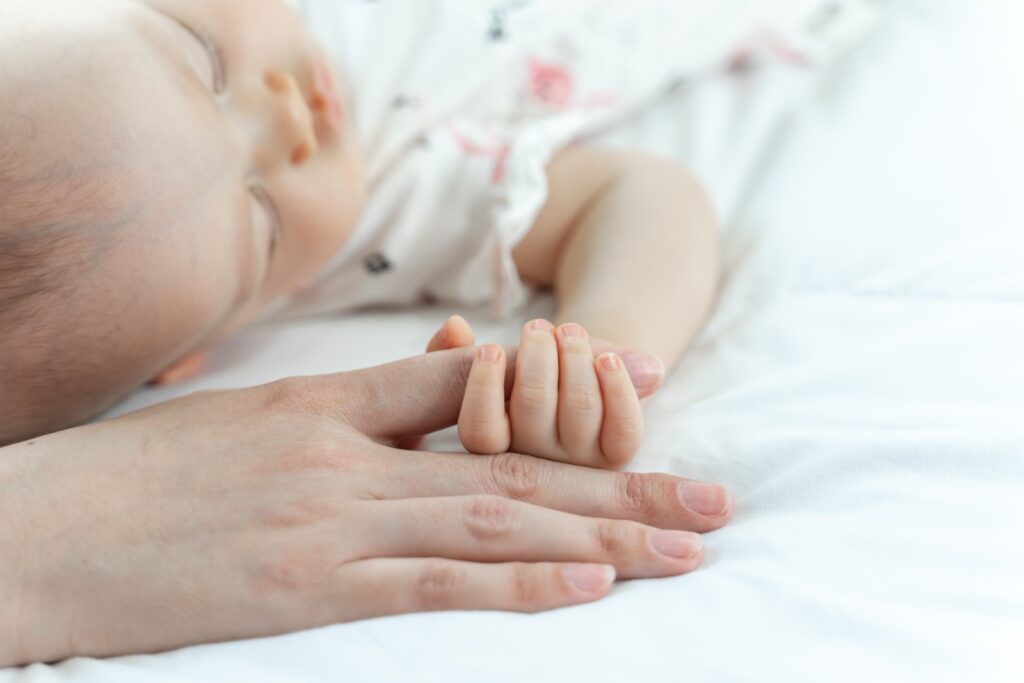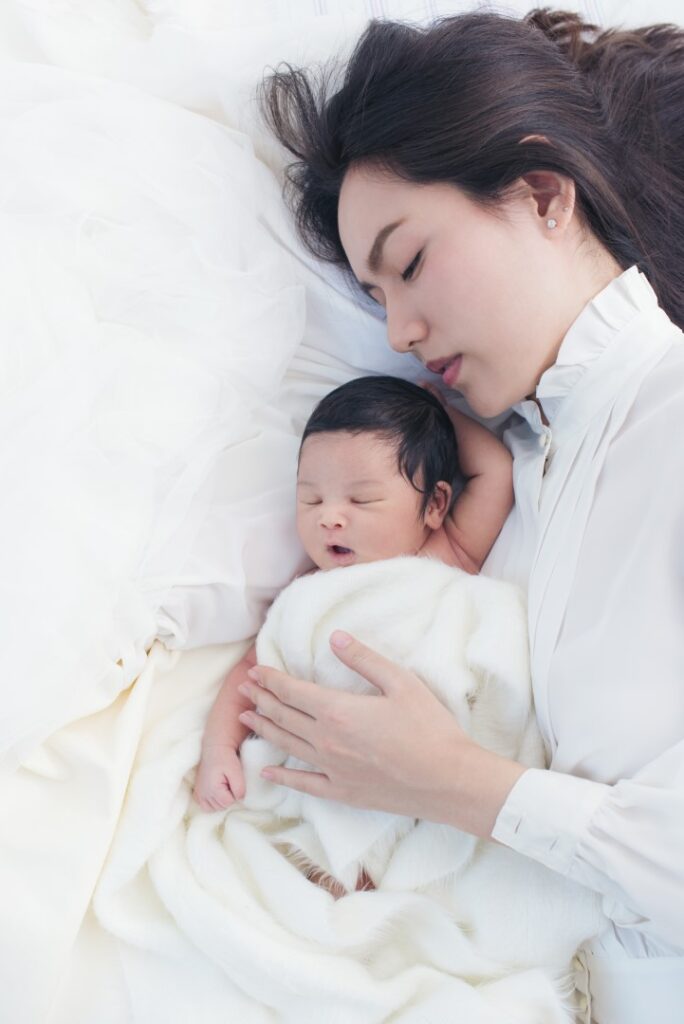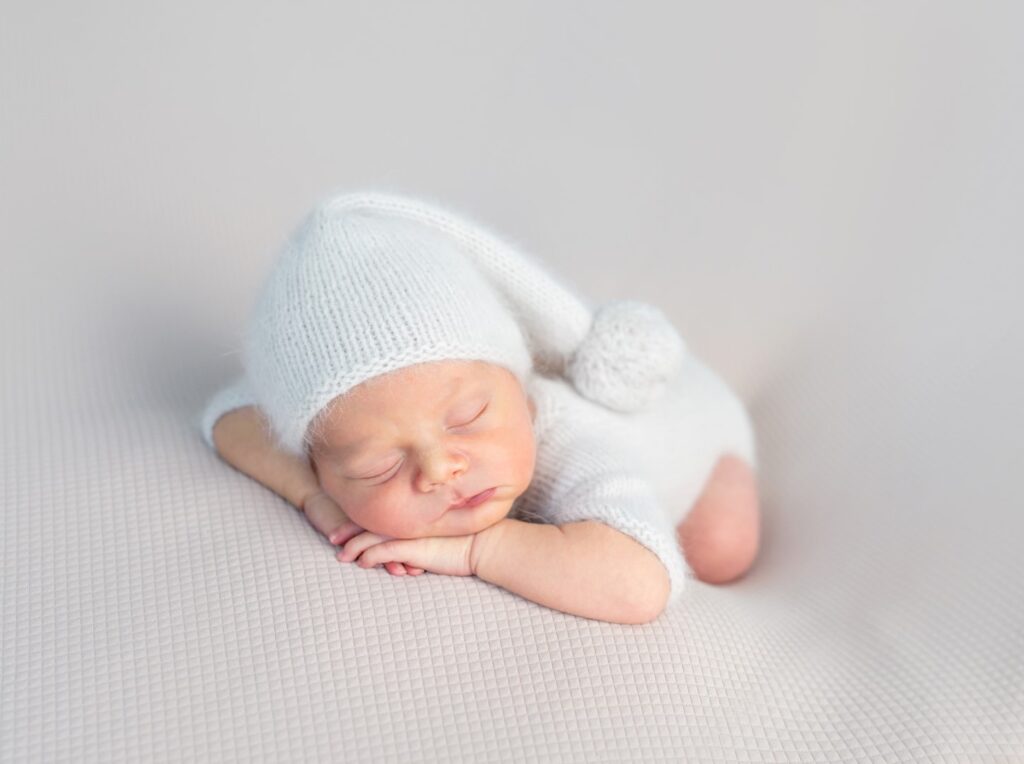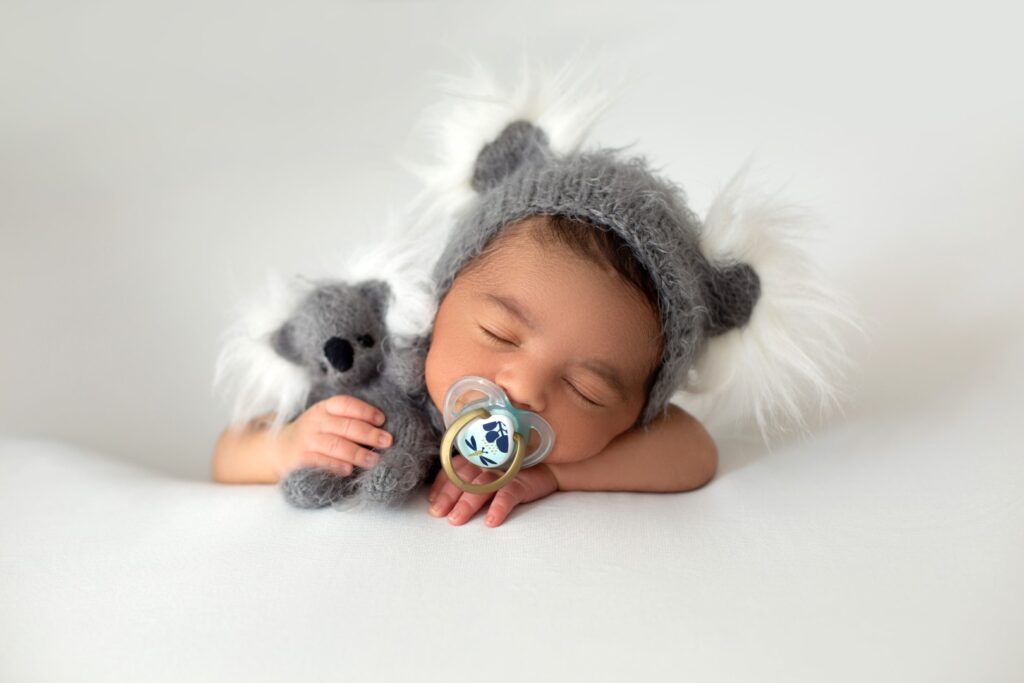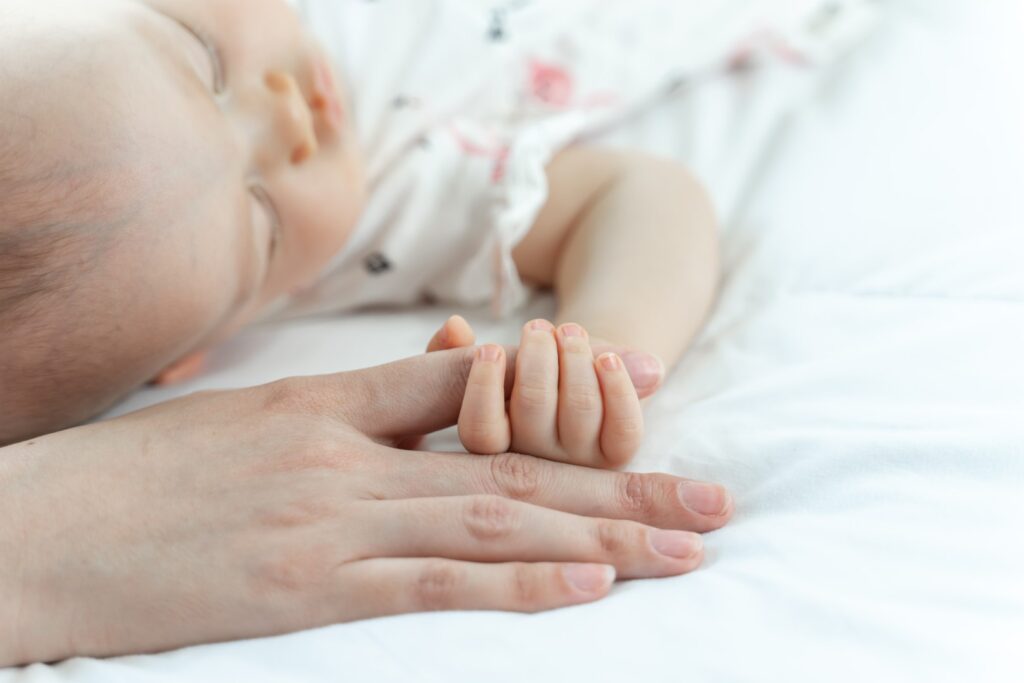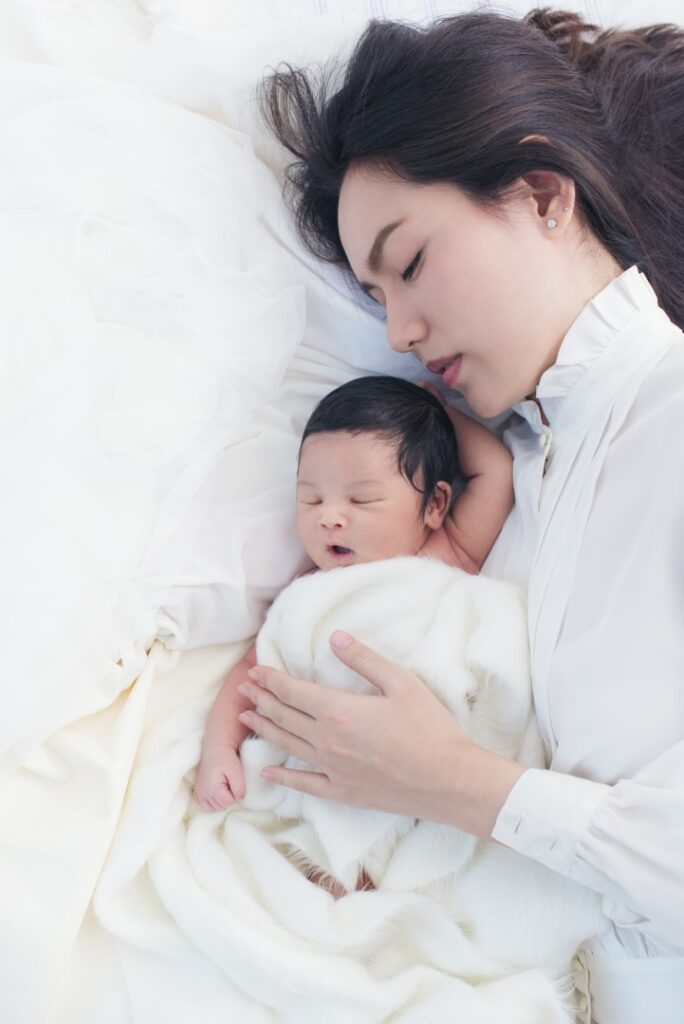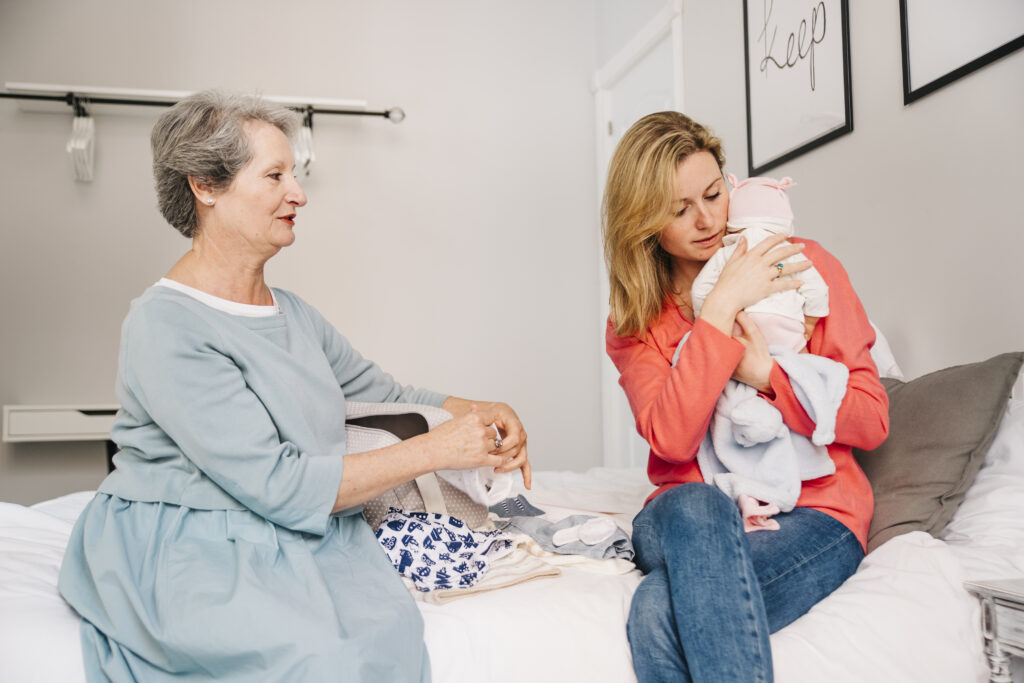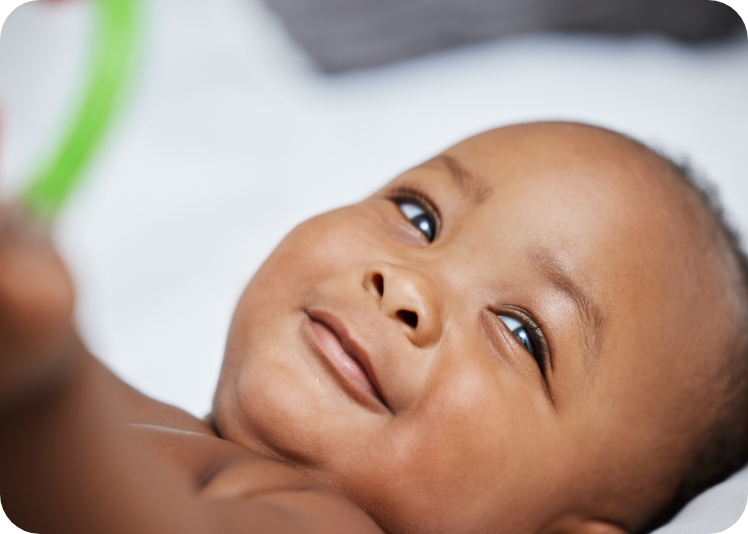All you need to know about diaper rashes
Causes, preventions, treatments and homes remedies
In this article:
- What are diaper rashes?
- What causes diaper rashes?
- How to prevent diaper rashes?
- Home remedies for diaper rashes
- Diaper rash treatment
Diaper rash is a common form of skin irritation called dermatitis. It looks like red patches of skin on your baby’s bottom. It typically has to do with sensitive skin, rarely changed diapers, or wet diapers. Although babies who often use diapers might suffer, newborns are typically the ones who are affected the most.
Simple home remedies for diaper rash, such as air drying, more frequent diaper changes, and ointment, tend to clean up diaper rash. Let’s look at the causes and home remedies for diaper rash.
What are diaper rashes?
Diaper rash is a type of skin inflammation (dermatitis) and appears as a red, irritated area over the intimate region. The buttocks, inside areas of the thighs, and private regions are all common sites for this rash.
What causes diaper rashes ?
Wet or rarely changed diapers, as well as skin sensitivity and chafing, are all common causes of diaper rash.
Diaper rash is also caused by irritation, infection, or allergy.
Irritation: When a diaper is kept on for a long time and poop (or the diaper itself) rubs against your baby’s skin repeatedly, the skin might become irritated.
Infection: Urine (pee) changes the pH of the skin, which makes it easier for germs and fungi to grow. The things that keep diapers from leaking also make it hard for air to move through them. This creates a warm, wet environment where bacteria and fungi can grow, which can cause a rash.
Allergies: Rashes can also occur in babies with sensitive skin. Some soaps, detergents, diapers (or diaper colors), and baby wipes could irritate sensitive skin and cause a rash.
How to prevent diaper rashes?
Diaper rash can be avoided by following these simple steps:
- Always wash your hands before and after changing a diaper.
- Keep a close eye on your baby’s diaper and change it as soon as it becomes moist or dirty.
- Use ordinary tap water and a gentle cleaner to remove poop from your baby’s skin.
- Instead of rubbing, gently pat the area clean and dry, and use light wipes if necessary. Avoid those that contain perfumes or alcohol.
- Make sure the area is totally clean and dry before putting on a new diaper, or use a clean, soft washcloth.
Home remedies for diaper rashes:
- Add 2 tablespoons (30 ml) of baking soda to a tub of heated water.
- Soak your baby’s bottom in this water for 10 minutes.
- Let your baby’s bottom air dry for a while. Do not rub with a towel.
- Apply an ointment, cream, or oil prescribed by a doctor.
- Repeat thrice a day.
Diaper rash treatment
Diaper rashes normally heal and go away in a few days. Most parents turn to home remedies for diaper rash, but these don’t always work. If your baby has a fever, blisters, swelling, or a rash that doesn’t go away, you should take them to the doctor right away.
In conclusion
As a parent, you will undoubtedly encounter diaper rashes at some point. Being prepared for it and knowing what to expect from your baby during a diaper rash can make things a bit easier for you. Your baby may be generally fussy when a diaper rash appears. The best course of action for you, as a parent, is to keep your baby diaper-free for some time every day and maintain your baby’s intimate hygiene.
What did you do for your baby’s diaper rashes? Which of the above prevention tips do you follow? Tell us about your favorite diaper rash hack in the comments!

